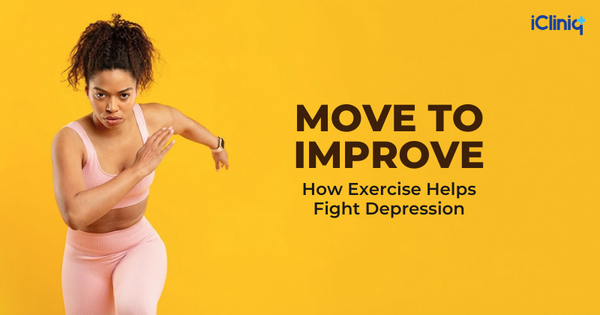Foods That Can Worsen Anxiety

The majority of us are emotional eaters, and our emotions influence what we eat. What most people are not aware of is that certain things you eat can also drastically affect your mental health and worsen anxiety and depression. Recent research suggests that slight alteration in food choices can significantly affect your mood and symptoms of anxiety. While there are various other causes for anxiety, foods that we eat can amplify the frequency and duration of anxiety bouts, especially if you are at risk of mental health disorders.

The best way to prevent your diet from affecting your mood is to identify and avoid some of the foods that affect your mental stability. People living with chronic anxiety might already spend much of their daily life managing the symptoms with anti-anxiety drugs and other therapies. While these treatment options are necessary for tackling anxiety, such people might also benefit by avoiding the following five foods that trigger anxiety.
1) Caffeine

Experts believe that even the smallest amount of caffeine, a stimulant, can trigger anxiety symptoms. Caffeine, commonly found in coffee, tea, and energy drinks, triggers the body’s fight-or-flight response, similar to anxiety symptoms. Too much caffeine can make you feel nausea, nervous, anxious, and lightheaded. Caffeine also has a disruptive effect on sleep, affecting the person’s mood and seriously affecting the mental state. If you are someone suffering from anxiety, consider replacing your morning cup of coffee and with herbal tea or a green smoothie.
2) Alcohol

Alcohol in excess, or even a glass of red wine for some, can trigger anxiety symptoms. Alcohol affects the nervous system, resulting in hypersensitivity, rapid heartbeat, low blood sugar levels, and dehydration. All these things can trigger anxiety. So the next time you go out with your friends or colleagues, stick to sparkling water or club soda. And if you get a repeated urge to have a drink, ask a doctor online about Glutamine capsules (reduces alcohol cravings).
3) Refined Sugars

Refined sugars, found in cakes, cookies, pasta, etc., might not directly cause anxiety, but it alters the body’s ability to cope with anxiety and stress. Also, excess sugar consumption (more sugar circulating in the body than needed), similar to caffeine, can result in mood changes, palpitations, tiredness, and difficulty concentrating, which can trigger anxiety or panic attacks. Sugar consumption lowers your brain’s ability to work optimally, which puts you at risk for depression and dementia.
4) Gluten

Gluten, a protein found in grains, can act as a major trigger for anxiety symptoms. As we are only capable of partially digesting gluten, the undigested gluten can irritate the gut and result in allergic and immune reactions, affecting physical and mental health. Studies have found celiac disease and gluten intolerance patients to be at a higher risk of developing anxiety and mood disorders. Skipping foods that are high in gluten can help people with anxiety manage their symptoms better.
5) Fried Foods

Fried foods are difficult to digest and have almost zero nutritional value. Most of the fried foods are fried in hydrogenated oil. Hydrogenation is done to turn vegetable oil solid to store it at room temperature safely. Frying anything in such oil increases its trans fats content and contributes to heart diseases, anxiety, and depression. Unhealthy fats can also clog arteries, preventing blood flow to the brain and altering your mood.






